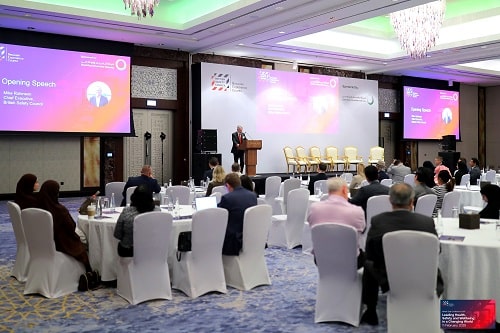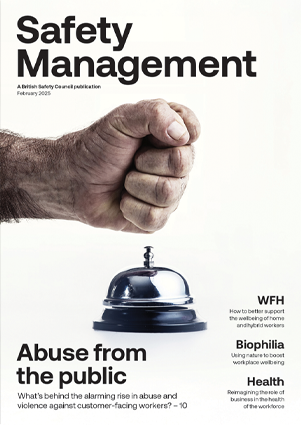New micro robots will be built to radically improve safety by inspecting in Britain’s most hazardous workplaces including nuclear power sites, as well as repairing Britain’s road network, under a £19.6 million government investment strategy, it has been announced.
News
Plans to build micro robots for projects announced
New micro robots will be built to radically improve safety by inspecting in Britain’s most hazardous workplaces including nuclear power sites, as well as repairing Britain’s road network, under a £19.6 million government investment strategy, it has been announced.
Scientists from four British universities will use £7 million government investment to develop 1 cm-long robotic devices that use sensors and navigation systems to find and mend cracks in pipes in the UK’s huge underground pipe network.
A further 14 projects have been awarded £19.6 million investment through the Industrial Strategy Challenge Fund (ISCF), which will see robots sent to hazardous workplaces such as offshore windfarms and nuclear decommissioning facilities.
Researchers will test new technologies, such as the use of artificial intelligence (AI) software on satellites in orbit to detect when repairs are needed, and drones for oil pipeline monitoring.
UK Research and Innovation (UKRI) chief executive, Professor Sir Mark Walport said: “The projects announced demonstrate how robots and artificial intelligence will revolutionise the way we carry out complex and dangerous tasks, from maintaining offshore wind farms to decommissioning nuclear power facilities.
“They also illustrate the leading role that the UK’s innovators are playing in developing these new technologies, which will improve safety and boost productivity and efficiency.”

HSE chair Martin Temple added: “As a regulator we want to encourage industry to think about how technologies such as robotics and AI can be used to manage risk in the workplace, safeguarding workers both now and in the future world of work.”
A joint statement made on 31 December 2018 from the Department for Business, Energy & Industrial Strategy, HSE, Innovate UK and UKRI, says that the work will also cut disruption caused by the 1.5 million road excavations that take place every year.
Science minister Chris Skidmore added: “While for now we can only dream of a world without roadworks disrupting our lives, these pipe-repairing robots herald the start of technology that could make that dream a reality in the future
From deploying robots in our pipe network to cutting down traffic delays, to using robots in workplaces to keep people safer, this new technology could change the world we live in for the better.”
NEWS

British Safety Council hosts successful Middle East Conference in Dubai
By Jay Ludditt, British Safety Council on 19 February 2025
It was a special day in Dubai on 11 February as British Safety Council presented its Middle East Conference 2025 – the organisation’s first live, in-person event in this part of the world for several years.

Network Rail fined £3.75 million after two track workers killed by train
By Kerry Reals on 17 February 2025
Network Rail has been fined £3.75 million over the deaths of two workers who were struck by a train while carrying out track maintenance in 2019.

MPs push for four-day week amendment to Employment Rights Bill
By Kerry Reals on 14 February 2025
More than a dozen Members of Parliament have backed a proposed amendment to the Employment Rights Bill, calling for the Government to take a closer look at how the UK could transition to a four-day working week without a reduction in pay.



